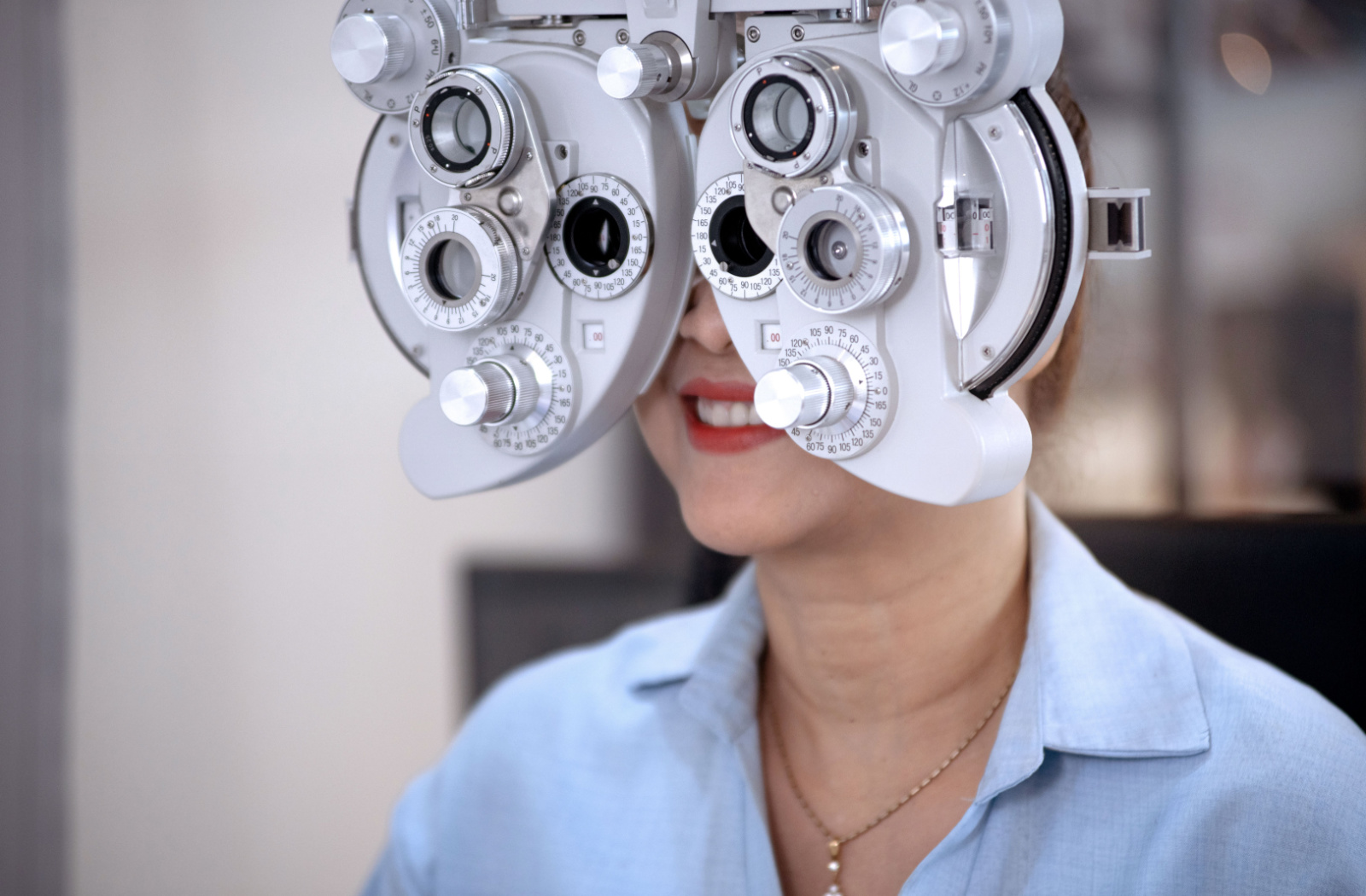All Categories
Featured
Table of Contents

Routine eye evaluations are necessary for preserving good vision and finding potential eye wellness issues early. The regularity of these examinations can differ significantly based on an individual's age, way of living, and overall health. Comprehending the suggested timetable for eye tests can aid make certain that people of any ages receive suitable care and tracking for their eye health and wellness.
Newborns and Toddlers (0-2 Years)
For young children and infants, eye examinations are vital for identifying any type of potential vision troubles early on. The American Academy of Ophthalmology advises that a youngster's very first eye test need to take place at around six months of age. During this initial see, the eye care specialist will analyze the child's visual growth and look for any evident eye concerns.Following this initial examination, it is recommended that kids have one more eye test at age 3. This visit will concentrate on evaluating the kid's total visual function, consisting of eye alignment and the capability to track items. If no concerns are identified, the following examination needs to be scheduled prior to the kid starts institution, usually around age five or six.
School-Aged Youngsters (6-18 Years)
Once kids get to school-age child, regular eye tests must be scheduled every one to 2 years. Vision is important for discovering and development, and several schools carry out vision screenings. Nonetheless, these testings do not change an extensive eye test by an eye care professional.For children associated with sporting activities or tasks needing considerable visual emphasis, annual eye examinations may be recommended. Additionally, if a kid exhibits indicators of vision troubles-- such as difficulty checking out, squinting, or constant migraines-- a see to the eye medical professional must be scheduled asap.
Young Person (19-39 Years)
Youthful adults usually have less vision modifications than older age, but normal eye examinations remain vital. The basic suggestion is to schedule an eye exam every two years during this period. Nevertheless, people with details danger aspects-- such as a household history of eye condition, diabetic issues, or those who use contact lenses-- need to consider yearly eye tests.In addition, those that spend substantial time on electronic tools might experience electronic eye stress. If signs such as dry skin, tiredness, or obscured vision occur, it may be smart to see an eye treatment specialist faster.
Adults (40-64 Years)
Grownups aged 40 to 64 must set up eye exams every one to two years. Eye exams can likewise assist detect various other typical age-related conditions such as glaucoma, cataracts, and macular deterioration.If people in this age group have danger aspects such as hypertension or diabetic issues, they might need even more regular assessments to monitor their eye health and wellness very closely.
Elders (65 Years and Older)
For seniors, regular eye examinations come to be even much more crucial. The American Optometric Organization suggests that individuals aged 65 and older have an eye exam at least yearly. Older grownups go to a higher threat for numerous eye diseases, including cataracts, glaucoma, and age-related macular degeneration. Early discovery and treatment of these conditions can prevent vision loss and boost the high quality of life.Final thought.
Understanding the ideal timetable for eye examinations based on age is crucial for keeping ideal eye health throughout life. By adhering to these guidelines and seeking advice from with an eye care professional, individuals can take aggressive steps towards maintaining their vision and total health.Latest Posts
Host Your Perfect Event: Place Rental Alternatives for Every Celebration
Published Mar 20, 25
1 min read
Discover Leisure at the Claridge Indoor Pool
Published Feb 11, 25
1 min read
Discover Relaxation at the Claridge Indoor Pool
Published Feb 05, 25
1 min read